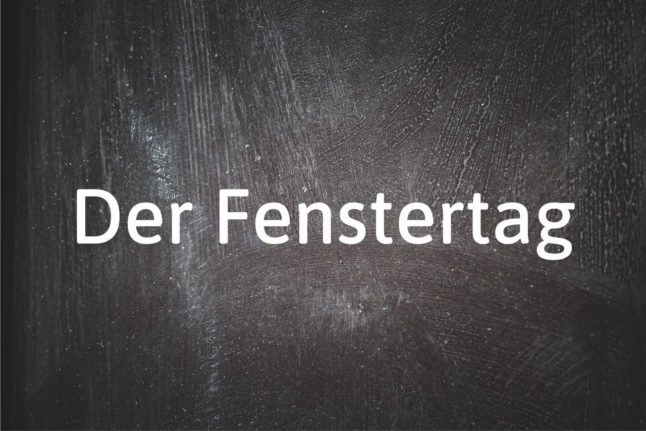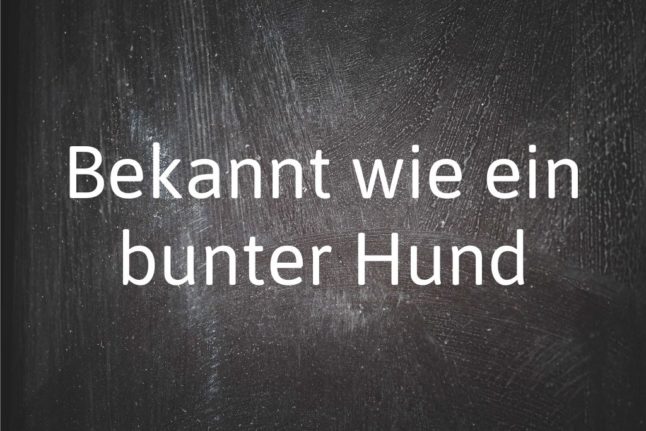Translating literally as ‘window day’, this word does exactly what it says on the tin: when a public holiday falls on a Tuesday or Thursday, eagle-eyed Austrians will smugly book a day off of work on the Monday or Friday, effectively ‘bridging’ the holiday and the weekend.
This tactic gives you a luxurious four days of relaxation, and only costs one annual leave day from your holiday allocation.
These Fenstertage have become deeply ingrained in the Austrian cultural consciousness though sometimes they are known as Zwickltag – but Austrians never refer to them as the German variant Brückentag.
READ ALSO: Working in Austria: How many holidays can I take?
Nobody quite knows why the day is called “window day”, but one possible explanation is that it comes from the calendar: days off are often marked with an X, and a window day would then appear between the Xs similar to an old open window.
This level of fixation on efficient holiday extensions has developed because of Austria’s irritating rule of not giving employees an extra day off whenever a public holiday falls on a weekend.
READ ALSO: Brückentag, Fenstertag or Zwickeltag? All the German words for getting longer holiday weekend
Examples:
Wie willst du deinen Fenstertag nächste Woche verbringen?
How do you want to spend your bridge day next week?
Nimmst du sich die Fenstertag um Ostern frei?
Are you taking the bridge days off at Easter?



 Please whitelist us to continue reading.
Please whitelist us to continue reading.
Member comments